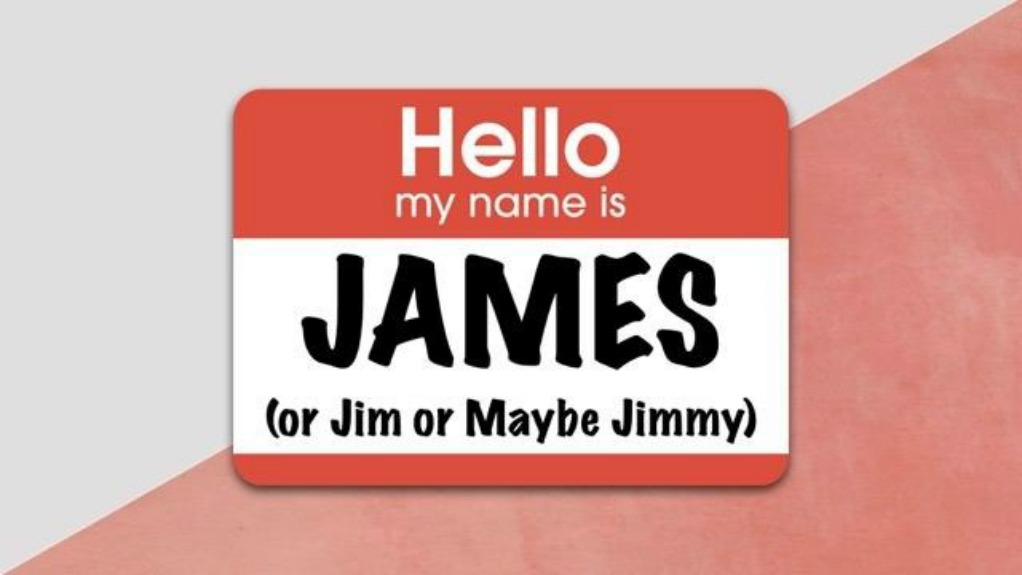The Origins of Seemingly Unrelated Nicknames
May 15, 2017
As I walked into the Edina High School workshop Robotics Team practice, I said my usual hello to fellow teammate and junior Jack DeSimone. Later that night, I heard a team mentor call Jack by his given name, “John.” It had never occurred to me that Jack’s legal name was not, in fact, the one I’d been calling him for years. This was a small yet shocking revelation and I began to wonder how nicknames like Jack could sprout from such seemingly unrelated names like John. To put my mind to rest, I conducted some research on the origins of commonly used nicknames.
In order to comprehend where nicknames come from, it is essential to go back in time. Before the printing press was invented, everything was written by hand and names were shortened in order to save time, and eventually names that rhymed with the original shortened title became common. From this necessity, the nicknaming culture was born.
John → Jack
John, a name from the Bible, was once used as a generic name for English commoners and peasants. The French Normans, who invaded Britain in 1066, added the suffix “kin” when they wanted to make a word diminutive. And Jen was their way of saying John. So little John became Jenkin and time turned that into Jakin, which ultimately became Jack. Jack worked its way into words such as lumberjack and steeplejack.
Margaret → Peggy
Margaret has many understandable nicknames, such as Mog, Marg, and Maggie. Peggy, however, doesn’t seem to make much sense. Due to the rhyming culture, Mog and Maggie morphed into the names Pog (Poggy) and Peg (Peggy).
Richard → Dick
Richard is a very old and traditional European name, especially in Britain, that was common throughout the the middle ages. To accommodate record-keepers, in the pre-printing press era, Richard was shortened to Rick and Rich. Not long after, words that rhymed were used because of their commonality, and Dick stuck.
William→Bill
There are many theories on why Bill became a nickname for William. The most obvious is that it was part of the Middle Ages trend of letter swapping. Similar to how Dick is a rhyming nickname for Rick, Bill is a rhyming nickname for Will. Since hard consonants are easier to pronounce than soft ones, some believe Will morphed into Bill for phonetic reasons. Interestingly, when William III ruled over in England in the late 17th century, his subjects mockingly referred to him as “King Billy.”
Charles → Chuck
“Dear Chuck” was an English term of endearment. Shakespeare, in Macbeth, used the phrase to refer to Lady Macbeth. Research brought me to the conclusion that Charles, in Middle English, was written Chukken, and that is likely where the nickname came from.
James → Jim
There is no proven theory as to how Jim became the commonly used nickname for James, but the name does date back to the medieval era.. For decades, Jim was pretty unpopular due to racist laws and statutes being dubbed “Jim Crows Laws.” The name “Jim Crow” soon became associated with racism and by 1904, Jim Crow aimed to promote segregation in the South. Jim has since shed its racial past, and is once again a popular first name for boys all by itself.







